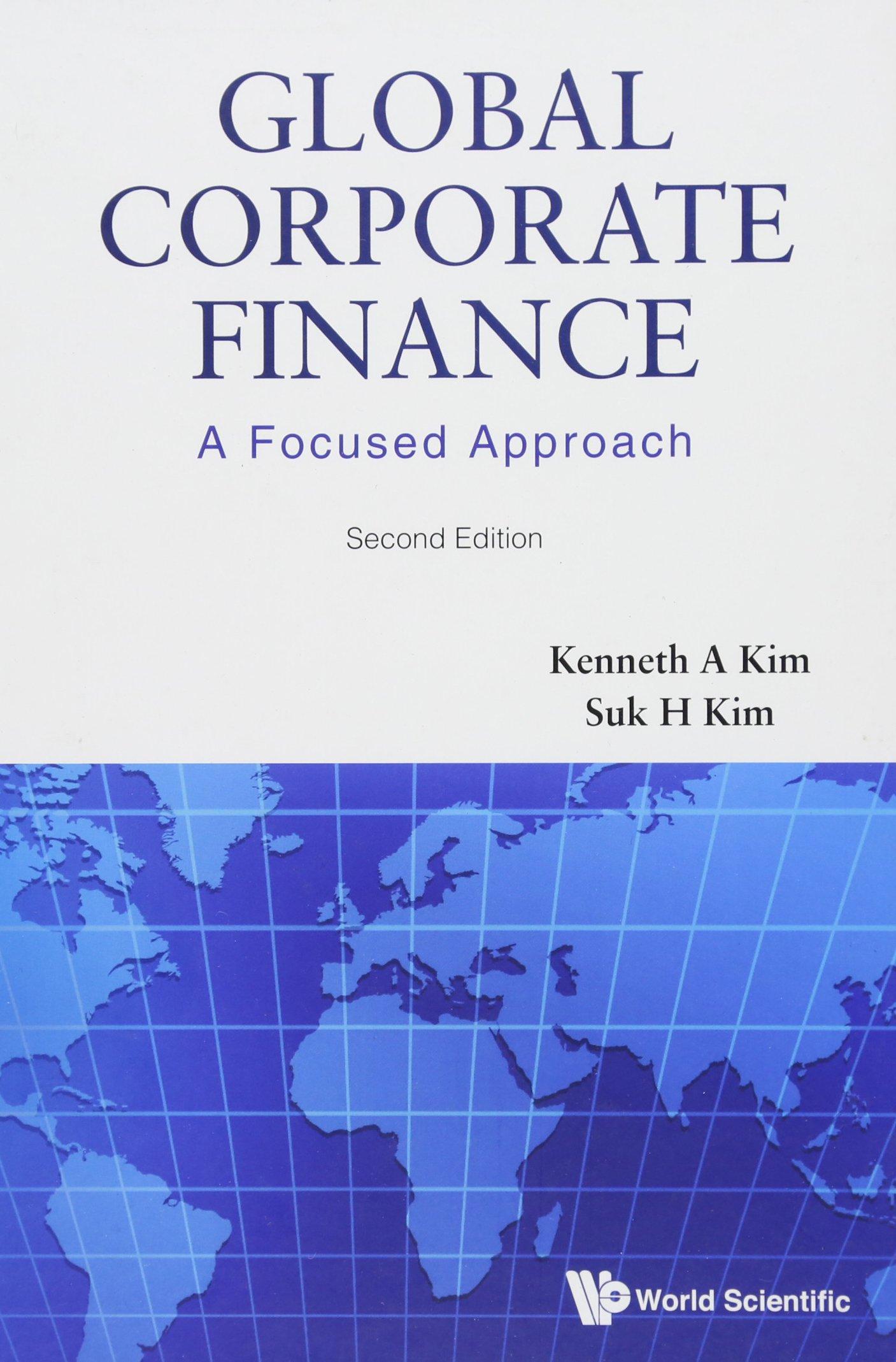Question
Consider the following after-tax cash flows for an 8-year project life following a two-year investment period. n E(F n ) Var(F n ) 0 -$500
Consider the following after-tax cash flows for an 8-year project life following a two-year investment period.
| n | E(Fn) | Var(Fn) |
| 0 | -$500 | 502 |
| 1 | -200 | 302 |
| 2 | 100 | 202 |
| 3 | 100 | 202 |
| 4 | 300 | 402 |
| 5 | 300 | 402 |
| 6 | 400 | 402 |
| 7 | 300 | 502 |
| 8 | 200 | 402 |
9 100 302
The investment flows (F0 and F1) are independent of the operating cash flows (F2 through F9). The firm's MARR is 15%.
a. If the annual operating cash flows are mutually independent, determine the mean and variance of the PV of the project.
b. If the annual operating cash flows are perfectly correlated (positively) with one another, determine the mean and variance of the project.
c. In part a or part b, is it meaningful to compute the mean and variance of IRR of this project?
d. In part b, assume that all the project cash flows (including the investment flows) are normally distributed with the means and variances specified. What is the probablity that the PV of the project will exceed $200?
e. Supposed that the operating cash flows are negatively correlated with one another. Assume a perfect correlation coefficient of -1. Compute the variance of the project. What can you conclude from the variance calculation?
Step by Step Solution
There are 3 Steps involved in it
Step: 1

Get Instant Access to Expert-Tailored Solutions
See step-by-step solutions with expert insights and AI powered tools for academic success
Step: 2

Step: 3

Ace Your Homework with AI
Get the answers you need in no time with our AI-driven, step-by-step assistance
Get Started


